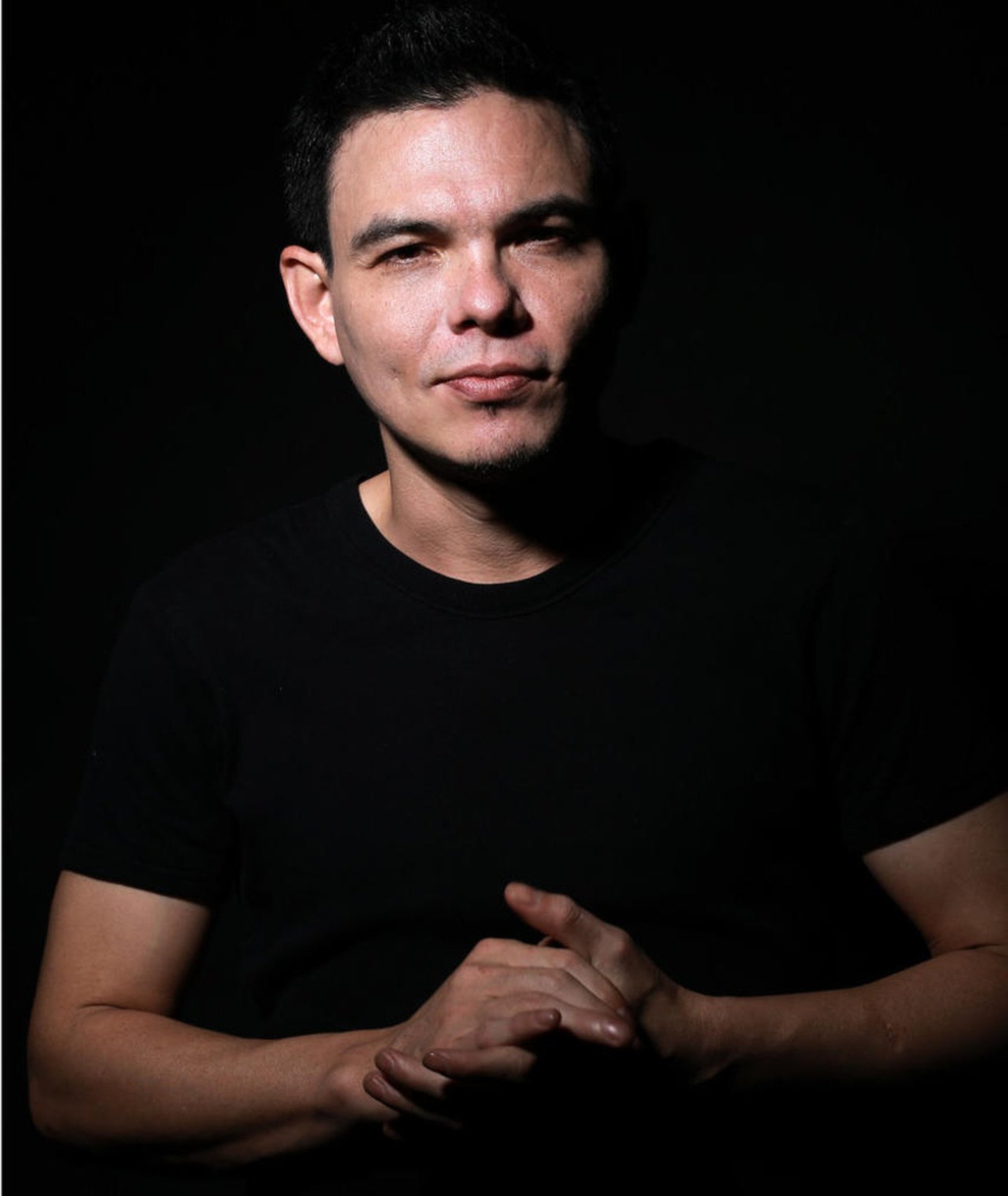
Malaysian singer Yasin Sulaiman’s arrest reopens legalisation debate about medical cannabis
- Yasin, who became a household name in Malaysia during the 1990s for his Islamic devotional and spiritual music, said cannabis helped treat his bipolar disorder
- He now faces the death penalty if convicted – even as Malaysian lawmakers study the economic and medical benefits of allowing some form of cannabis use
Two-thirds of the 478 people sentenced to death in Malaysia between 2018 and last year were convicted of drug-related offences, according to official figures. Even cannabis possession of more than 200 grams (seven ounces) carries a mandatory death sentence, despite changing attitudes towards its use – particularly in Western countries that have increasingly moved to legalise or decriminalise the drug for medicinal and recreational purposes.
Debate surrounding the legality of medical cannabis in Malaysia remerged recently, following the arrest last month of singer Yasin Sulaiman, who has bipolar disorder.

The 47-year-old was charged on March 31 with drug trafficking after officers found 17 cannabis plants and 214 grams of dried plant material at his home in Kota Damansara, near Kuala Lumpur.
Yasin became a household name in Malaysia during the 1990s for his Islamic devotional and spiritual music, but now faces the death penalty if convicted. He has been denied bail, with his next court date set for mid-May.
His arrest, while sensational in itself, caused even more of a stir for the appeal he made to lawmaker Syed Saddiq Syed Abdul Rahman before being dragged into court.
“Send my regards to Syed Saddiq, hoping it is expedited, the legislation for medical cannabis,” Yasin said while being paraded in front of the press at the courthouse.
Syed Saddiq, who made history in 2018 as Malaysia’s youngest-ever cabinet minister, has led a bipartisan parliamentary caucus of seven lawmakers to study medical cannabis use since being appointed to the position last year.
‘Cry for help’
Syed Saddiq visited Yasin’s family following his arrest, and shared on Facebook a printout of a social media post the singer had written to him in October last year.
In the message, Yasin thanked the 29-year-old lawmaker for his advocacy of medical cannabis, which the singer said “has so many medical benefits, especially for people like me with chronic stress, insomnia, loss of appetite, depression and focus deficiency”.
“[For] 20 years … I’ve been trying to get the right medication for my problems,” Yasin wrote, going on to describe cannabis as his “remedy” that “society in this era prevents me from reaching … out of ignorance”.
Syed Saddiq said in his post that Yasin’s message “was a cry for help, not only for Yasin but for others who have been suffering and need medical cannabis as treatment”.
Following Yasin’s arrest, Malaysian Health Minister Khairy Jamaluddin acknowledged there was public debate about medical cannabis and said his ministry “has been consistent in practising evidence-based policies”.
He noted that the Health Ministry would welcome a formal study from “industry or academia” into the medicinal use of CBD or cannabidiol – a compound found in cannabis that does not cause a “high” and has been touted for its stress-relieving properties and other health benefits – adding that no submissions for such a study had yet been received.
In the meantime, Malaysian advocates for the use of medical cannabis such as Amiruddin Nadarajan Abdullah, a retired military officer known locally as “Dr Ganja”, face the death penalty for using and selling the drug.
The 63-year-old took a step closer to the gallows in January, when a high court judge ruled that there was convincing evidence to prosecute him on 39 drug-related charges from five years ago.
He fell foul of the law after selling products made from hemp seed oil – which like CBD is not psychoactive – to cancer patients suffering from chronic pain and people with mental illness. Amiruddin had previously used hemp seed oil to treat his own chronic pain stemming from a spinal cord tumour, which he claims helped reduce its overall size.
To see change, we would need an overhaul of our nation’s drug laws, but just as importantly, the shift in public perception on cannabis
Filmmaker Jo Yee, who is closely following Amiruddin’s case for a documentary, said Malaysia needed to start seeing drug use as a health issue rather than a criminal one.
“To see change, we would need an overhaul of our nation’s drug laws, but just as importantly, the shift in public perception on cannabis,” Yee said.
Hadhinah Felice, who works as head of compliance at a cannabis cultivation facility in the US, said she had been asked by her family in the Malaysian state of Sabah to return home and help advocate for legalisation. “Knowledge is power and it conquers fear,” the 35-year-old said.
Though Hadhinah said she was “not afraid to come home”, she said “misunderstanding and misconceptions about cannabis are still being directed towards me” by Malaysians.

Fahmi Hassan, a pharmacist and a member of the medical advocacy group MedTweet Malaysia, said he was unconvinced by the science surrounding the benefits of medical cannabis, and said there needed to be more of a conversation about what was meant when it was mentioned.
“When people talk about medical cannabis – Syed Saddiq for example – we need to ask again, which category of medical cannabis do they mean?” he asked, pointing to the difference between products derived from the plant and the plant itself. “Only then can the discussion have a direction.”

